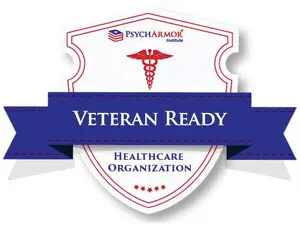Help for Alcohol Abuse in Union County, New Jersey
Help for Alcohol Abuse in Union County, New Jersey
Alcoholism is an insidious problem in many people’s lives. From health problems to financial difficulty to increased incidence of violence, the dependence on alcohol is a major problem for people in New Jersey. Now an initiative by the Union County Regional Coalition is taking aim at alcoholism in their region, and seeking to work closely with law enforcement and education in order to reduce the rates of alcohol addiction.
Excessive consumption of alcohol can cause serious problems. As part of their initiative, the Coalition is asking residents of New Jersey to recognize the symptoms of alcohol dependence, both for themselves and for others. The signs include ignoring responsibilities at work, home or school because of alcohol; consumption in times when it’s physically dangerous; problems with the law because of drinking; continuing consumption even in the face of obvious problems; and the dependence on alcohol to reduce stress or relax. Though identifying with one or more of these warning signs doesn’t necessarily mean that you or a loved one is dependent on alcohol, they are serious indicators. If you think yourself or a loved one might by addicted to alcohol, you should seek advice and help from a trusted source.
Alcoholism is destructive for individuals, households, and entire communities. Thankfully, there is good help available. Detoxification and behavioral therapy have proven to be effective in treating alcohol dependence. Addicts are often unable to complete treatment on their own or with family members, so it’s very important to seek the right treatment center. At Seabrook, we customize our treatment plans to individual patient’s needs, so you know the help you’re getting is right for you or a loved one. Seabrook has rehabilitation centers in New Jersey (NJ), Pennsylvania (PA), and an outpatient center in New York (NY). Contact Seabrook today for any questions about alcohol, addiction, and treatment.



